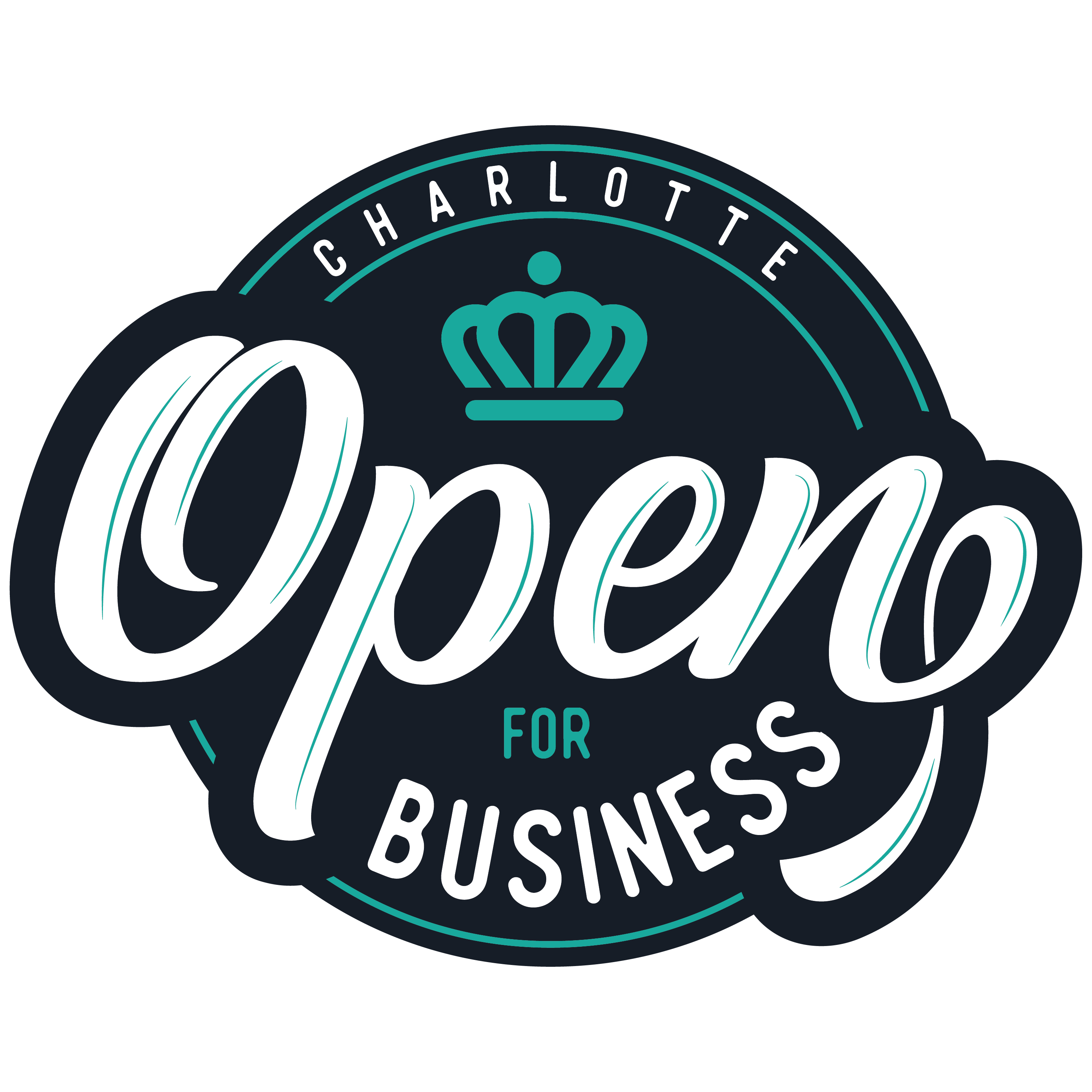Upgrade CATS Light Rail Passenger Count Solution software to a version compatible with newer Microsoft Operating Systems.
Cancelled Contract for Maintenance and Support Repair Services for CATS Light-Rail External Digital Signage
CATS requires a contract for support and maintenance services for CATS external digital signs used for parking guidance, light rail station, and CTC passenger information.
PSR 973
Industrial Pretreatment Information Management Software Solution
Charlotte Water is using a Pretreatment application that was purchased approximately ten years ago. Over time, technology has progressed, and Pretreatment systems have become more robust. Further, Environmental Protection Agency guidelines are moving towards electronic submissions by industries monitored by the Pretreatment program. Last, mobile solutions, Geographic Information Systems, and data analytics are more widely available within software solutions. Charlotte Water seeks a software solution that will promote an efficient and compliant Pretreatment program that meets City, State, and Federal laws and regulations.
Automated Traffic Signal Performance Measures (ATSPM) Cloud Services
The City of Charlotte (City) strives to improve arterial operations and enhance safety at signalized intersections throughout the City by deploying an Automated Traffic Signal Performance Measures (ATSPM) system. The City is seeking to procure a commercially available, off-the-shelf ATSPM system to connect to all online signalized intersections (~780 intersections). Additionally, the City is looking for a partner that would be willing to work with the City to develop a performance metric to track the success of our Signal Control Priority citywide for our emergency vehicles and transit vehicles to help track performance of the system.
Public Safety Information Management System
To procure a public safety information management system that will aid staff in tracking and reporting infractions, citations, incidents, and accidents, etc. occurring on CATS vehicles and property. A new system will help to provide safe and secure public mass transportation by tracking, enforcement, and prevention campaigns through accurate, real-time, input retrieval, tracking, and reporting
(PSR# 1113)
Cancelled – Bus Operations-Bus Talk Systems
CATS us Operations uses an IP-based unified mobile communications system that provides the traditional radio-like features that increase our communication capacity, improves our reliability through seamless switching between communication technologies and enhances service area coverage.
This purchase will cover the parts needed to repair these systems that we currently have installed on our fleet.
PSR 982
Replacement of CharlotteNC.gov
Migrate charlottenc.gov content from the existing Sharepoint environment managed by RMSource/Azure to a new, modern hosted/SaaS Content Management System solution. Migrating the city’s public facing website to an innovative content management system will provide more
opportunities for accessibility, delivering a good user experience, and reducing the amount of time dedicated to managing content. Some other drivers are a need for high availability, scalability to meet peak demands, responsive pages to provide a good user experience for multiple media types, and more options for adding custom functionality to public facing pages The City will go through an RFP process. The RFP will be for the SaaS solution, and for migration/re design of the site content. The implementation process will be to migrate/re-design content from the City’s Sharepoint Charlottenc.gov environment to the new CMS environment. It is expected to be a 6-12 month project.
All departments will benefit from this project.
Benefits Administration
The City of Charlotte is seeking a vendor to provide benefits system and administrative services to the City of Charlotte employees and retirees related to the benefits offered to City employees. The City currently offers a wide range of benefits, including medical, pharmaceutical, advocacy, dental, vision, medical clinic and wellness, long-term and short-term disability (LTD/STD), life insurance, employee assistance program (EAP), retiree health reimbursement account (HRA), and other voluntary benefits.
The City’s benefit administrator will provide system and support data management, compliance, account management, and communications related to health, wellness, and voluntary benefits.
Vehicle Lubrication and Related Services
The City of Charlotte Solid Waste Services seeks certified Small Business Enterprises (SBE) Service Providers to perform routine lubrication and preventive maintenance to decrease metal-to-metal contact and wear on automated arms and hinge points on City collection vehicles.
In support of the City of Charlotte’s Charlotte Business INClusion (CBI) Program, targeted outreach efforts for this procurement opportunity and resulting contract will be directed to certified Small Business Enterprises (SBEs) within the Charlotte Combined Statistical Area.
Interested vendors are encouraged to be registered in the City’s vendor registration system and submit an application to establish itself as a certified SBE with the Charlotte Business INClusion Program prior to the Proposal due date.



